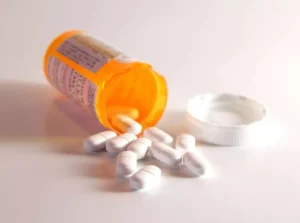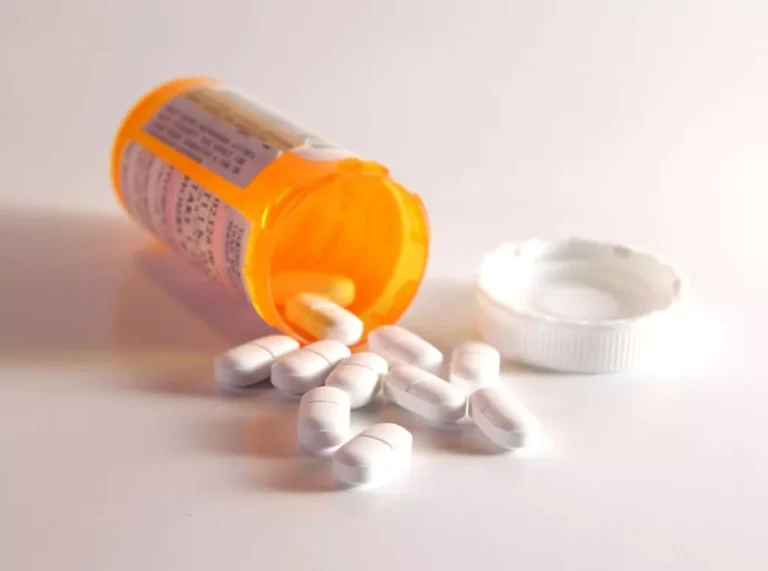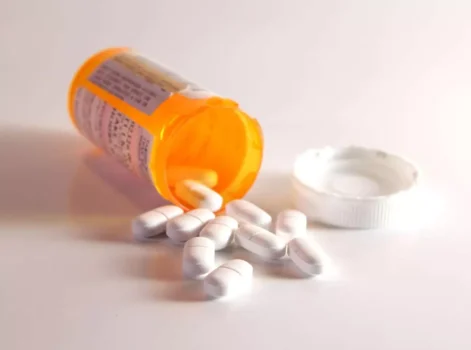
While the kidneys can heal quite well once heavy alcohol use is removed, there may be situations where the stress marijuana addiction is so great that it causes lasting damage. The NKF adds that most people in the United States who have both liver disease and kidney dysfunction are alcohol dependent. Without adequate blood flow, the kidneys struggle to remove waste products and excess fluid from the blood. The treatment for alcohol-induced kidney problems depends largely on the type of kidney disease a person has sustained.

Potential confounding factors of alcohol consumption
Dialysis is a procedure that involves filtering waste products and excess fluid from the blood. As the National Institute of Diabetes and Digestive and Kidney Diseases (NIDDKD) explains, the kidneys contain tiny, finger-like structures called nephrons. These filter waste products from the blood and maintain the balance of water and minerals in the bloodstream. All donations made today will be matched 3X by a generous matching donor.
Concerned About Your Kidney Health? Talk to Milwaukee Nephrologists

If it is caught early, an acute kidney alcohol and kidneys injury can usually heal over time. If you have kidney disease that leads to kidney failure, you will need regular dialysis or a kidney transplant. In view of the protective effect of moderate alcohol consumption on cardiovascular diseases, we consider that light-to-moderate alcohol consumption may not have adverse effects. Thus, current alcohol consumers can continue to enjoy light-to-moderate drinking and benefit from it. However, as alcohol consumption can lead to adverse events, such as hypertension, cerebral hemorrhage, alcohol addiction, and tendencies toward violence, clinicians should not advise non-drinkers to start drinking.

Why Do You Lose Weight With Diabetes? Causes, Tips and More
As for the kidney damage caused by alcohol, some studies discovered that the patients’ renal function recovered after abstinence 1. However, others also found that abstinence cannot completely repair the kidney injury 26. Unfortunately, existing clinical studies have not analyzed why some patients with CKD give up drinking and the influence of giving up drinking on the prognosis of these patients.
Get Same-Day Admission for Alcohol Addiction Treatment Today
Your kidneys are complex, performing several important jobs to keep you healthy. Unfortunately, alcohol has the potential to interfere with each =https://ecosoberhouse.com/ of these functions. Regular and excessive alcohol use can also cause high blood pressure (hypertension) for a combination of reasons, such as disrupting hormones and affecting the muscles in blood vessels. Nonetheless, the reviewers note that alcohol metabolism produces free radicals and other harmful by-products that are known to damage the body’s organs and tissues.
Why is there blood in urine after drinking alcohol?
The kidneys are essential in maintaining the body’s fluid levels and are very sensitive to hydration, detecting dehydration by recognizing when electrolyte levels become more concentrated. Dehydration stimulates the kidneys to conserve and produce less fluid. This conflicts with the increased urine production alcohol simultaneously creates by affecting vasopressin levels, significantly increasing the stress and strain on the kidneys by forcing them to try to produce more and less urine simultaneously.
- This subsequently promotes the conversion of H2O2 to the more reactive hydroxyl radicals, which cause damage in antioxidant capacities and mitochondria in renal cells 34,42,43.
- In contrast, kidney failure or end-stage renal disease is the final stage of chronic kidney disease.
- Certain autoimmune diseases, such as lupus and vasculitis, may cause inflammation that affects the kidneys.
While binge drinking can cause acute kidney injury, it can also lead to chronic kidney damage. In this situation, the strain on the kidneys leads to permanent damage. Chronic kidney damage is often progressive, requiring dialysis every one to three days to remove toxins that build up in your body and keep you alive. Yes, excessive alcohol consumption can eventually lead to acute kidney failure (also called acute kidney injury).
Diabetes and Kidney Complications
This IgA-related kidney disease leads to clinical symptoms of renal injury and eventually progresses into renal failure (Amore et al. 1994; Bene et al. 1988; Pouria and Feehally 1999). Experimental studies suggest that heavy alcohol consumption induces IgA kidney disease (Smith et al. 1990). In addition, rats given intragastric infusions of a commercial whiskey (1.5 ml/100 gm body weight) 3 times a week along with a nutrient-deficient diet develop a more severe form of IgA nephropathy (Amore et al. 1994). Free radicals (also called reactive oxygen species ROS) are one of the by-products of alcohol metabolism and are known to cause cellular damage, unless the body can use antioxidants to clean them up. Oxidative stress occurs when the body cannot detoxify free radicals as fast as they are being produced, and it is pivotal in triggering alcohol-related tissue injury.
6. Study Design
Moreover, other bioactivators in red wine, excluding resveratrol, and those in white wine, also have the function of ROS scavenging and renal protection 7,84,113. In the kidneys, ROS is generated via both enzymatic and non-enzymatic processes 22,23,27,32,36,37. In addition, Das et al. reported that alcohol consumption impairs the ability of CAT to catalyze the decomposition of H2O2 in the kidneys 41. This subsequently promotes the conversion of H2O2 to the more reactive hydroxyl radicals, which cause damage in antioxidant capacities and mitochondria in renal cells 34,42,43. Samadi et al. also suggested that ethanol induces depression of nephrin and podocin in podocytes, which contributes to renal injury and proteinuria and is mediated by oxidative stress 44.
